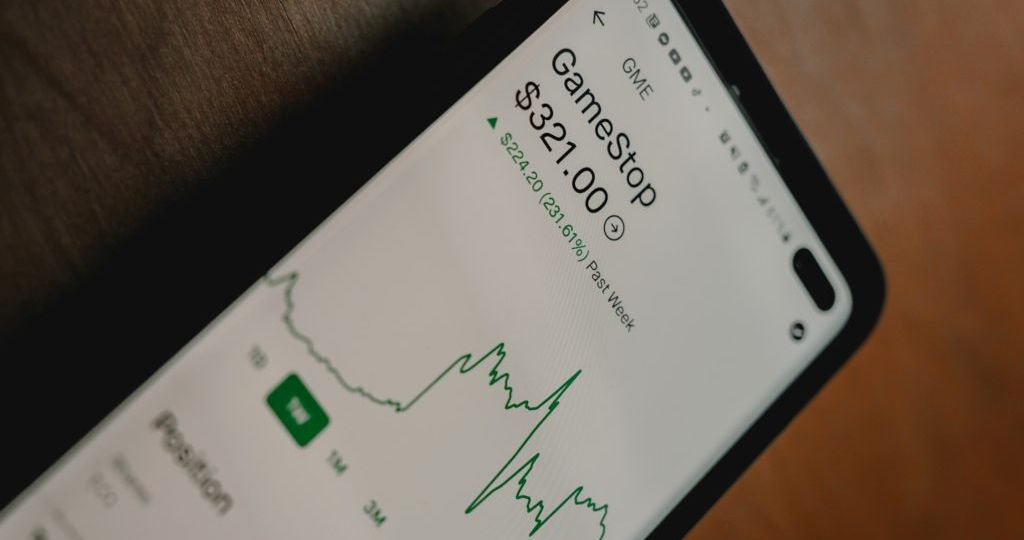
One month into 2021 and we already have online message boards and first-time investors attempting to take down hedge funds. Although many articles have been written about what happened in January, we thought it was a great opportunity to discuss how we view the recent events.
During the last week of January, we saw dramatic price movements in a handful of US stocks. Most notably, GameStop’s stock experienced explosive gains with the price of the stock starting the year at $17.25 per share, and closing out January at a price of $325 per share. To fully understand the significance of GameStop’s volatile journey, we must first review what happened to drive the price of the stock up, and why.
Wall Street investors had been short-selling GameStop for quite some time. The term “short-selling” simply means that investors were selling shares of the stock that they did not actually own, betting that the price of the stock would decrease and allow them to buy back shares at a lower price and therefore make a profit. When a large group of retail investors on Reddit (an online message board) noticed this tactic, they began buying shares of GameStop stock and options in mass, thereby driving an increase in the price of the stock. As the share price increased, Wall Street investors (such as hedge fund Melvin Capital Management) were forced to buy back shares at a significantly higher price, losing their bet that the price would continue to decrease. To put the loss into perspective, the Wall Street Journal reported that Melvin Capital Management lost 53% in January and needed a $2.75 billion capital infusion to stabilize itself. The GameStop saga was the leading driver of the loss.
GameStop’s Dramatic Price Change

There are two takeaways from GameStop’s shocking price moves.
- Diversify. The GameStop rollercoaster highlights the risks inherent in individual stocks and shows the value of diversification. As tempting as it may be to participate in these wild trading periods, we believe that long-term investors are much better off investing in well-diversified, low-cost stock or bond funds. GameStop stock makes up just 0.05% of the overall US stock market (Source Siblis Research). It’s impossible to know which stocks will be the biggest winners, which is why owning the overall US stock market is more likely to be a successful strategy in the long run.
- The market works. We believe stock prices reflect at what price the collective investing universe is willing to buy or sell a particular company’s stock. Prices reflect all available information and based on that, there is a price at which market participants are willing to transact. In the GameStop example, there was significant demand for the stock as investors used all available information (the hedge funds who had shorted the holding) to drive up the price of a stock. The combination of the retail investors buying the stock and options on it and hedge funds buying the stock to exit their positions drove the price up. However, for the price to remain at that level or continue to climb, demand would need to remain high. We have seen demand decline, and, as a result, the price of the stock fall from the levels reached at the end of January. As of February 5th, GameStop has fallen roughly 82% from its high on January 27th. While unusual and reflecting the impact that a large group of investors can have, we think the recent market action involving GameStop still reflects the stock market functioning properly.
The story of GameStop’s volatility in the month of January is a great reminder for long-term investors of the difference between investing and speculating. By focusing on the long term you can avoid the noise that can occur over the short term and by well diversifying your portfolio you can ensure you can capture the market’s top performers, while not subjecting your portfolio to undue risk.
1S&P data © 2021 S&P Dow Jones Indices LLC, a division of S&P Global. All rights reserved. Indices are not available for direct investment.
2MSCI data © MSCI 2021, all rights reserved. Indices are not available for direct investment.
Source: Dimensional Fund Advisors LP & the Wall Street Journal

